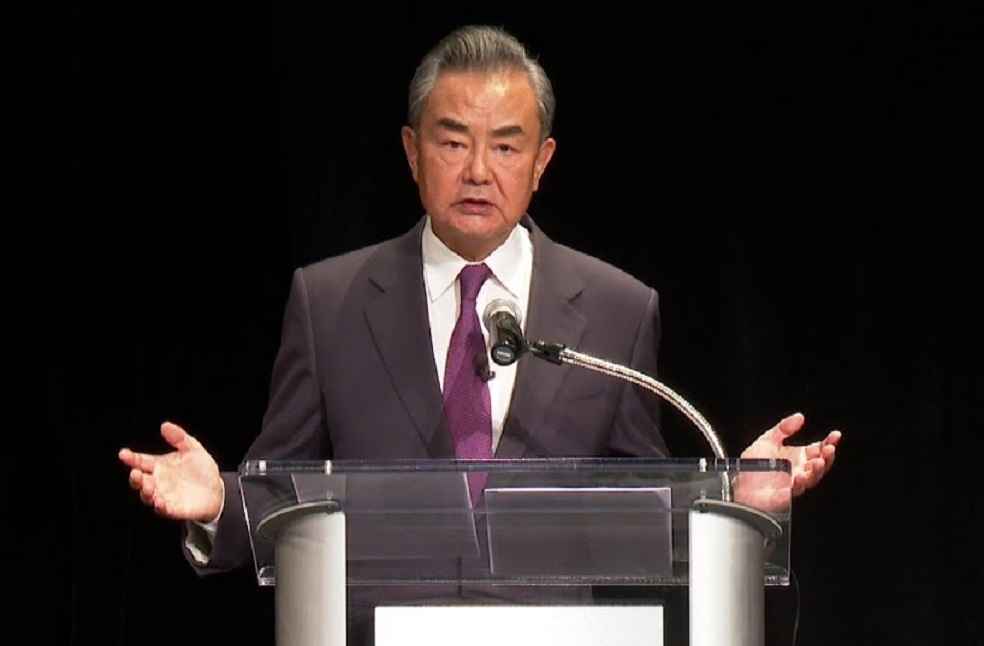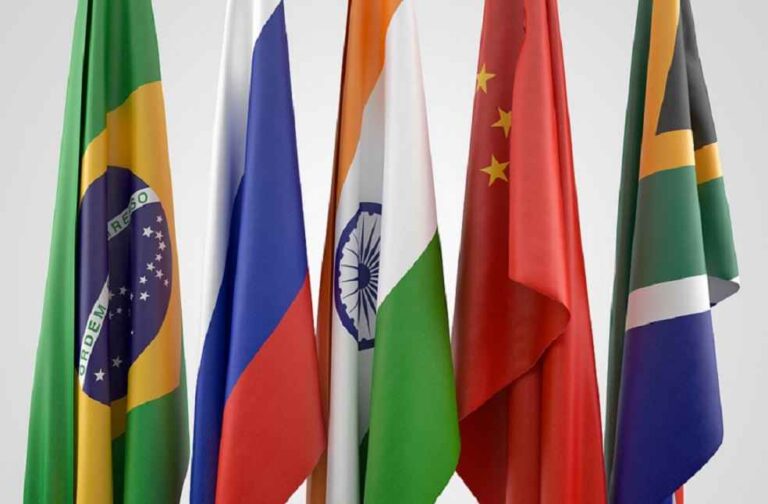Foreign Minister Wang Yi of China stated that all member countries need to understand the importance of taking specific actions to counteract all attempts to undermine BRICS unity and discredit BRICS cooperation.
BRICS, a collective union of Brazil, Russia, India, China, and South Africa established in 2006, held its 13th meeting of BRICS National Security Advisors and High Representatives on National Security in Johannesburg. It was here that Wang made his comments.
These emerging economies and developing nations, increasingly influential on the world stage, were urged to stand steadfast and resolute in pursuing their unique paths and lend support to each other on issues central to their interests and primary concerns. He emphasized that the Global South now bears a vital mission – to resist external interference and protect their political and regime security.

One could not miss the critical undertone of Wang’s message: a stern warning against any maneuver aimed at disrupting the unity of BRICS – the formidable alliance encompassing Brazil, Russia, India, China, and South Africa. This consortium, now an influential entity globally, is a vital conduit for unity and fortification among the nations of the Global South. Their cooperation spans various arenas – politics, security, economy, finance, and culture, intricately interlinked like a resilient thread.
Wang posited that BRICS has transformed into a dynamic platform amplifying the voice of the world’s emerging economies and developing nations. “BRICS has become a beacon of positive energy in a world swirling with uncertainties,” he remarked, exuding pride while emphasizing the importance of BRICS cooperation.
In response to shifting global circumstances, Wang proposed a strategic roadmap for BRICS nations. This route is etched with milestones of political trust and strategic coordination. It leads towards the provision of global public goods in line with the ever-evolving demands of the current era. Alongside this, he reaffirmed China’s commitment to standing in unity with other BRICS members to uphold national security and stability.

Wearing the dual hat of the director of the Office of the Foreign Affairs Commission of the Communist Party of China Central Committee, Wang reasserted his firm stance against unilateralism and hegemonic acts. He championed peaceful dialogue as the guiding light for resolving disputes, rejecting the path of decoupling.
He passionately articulated his conviction that the expansive, inclusive family of multilateral cooperation should remain undeterred and unfragmented by exclusive, closed circles. He expressed a strong desire for BRICS to have an amplified voice on the global stage.

Throughout the meeting, conversations meandered through the intricate maze of current security challenges, including counterterrorism, cybersecurity, food and water safety, and energy security. Wang expressed in no uncertain terms the criticality of confronting these challenges directly. He advocated for a unified stand against unilateral sanctions and a collaborative combat against extremism and terrorism. He also highlighted the urgency to confront global challenges, pushing for a transformation in global governance.
As the gathering wound up, a palpable sense of shared understanding and consensus filled the air. A unanimous commitment to deepening dialogue and collaboration emerged. The attendees voiced their support for South Africa’s forthcoming task of hosting the BRICS Summit in August. They also shared a collective vision to further the advancement of BRICS cooperation. This consensus solidly manifested their common resolve – to uplift the representation and voice of developing nations within the scaffold of global governance.
POLICY & LAW | China Challenges Japan’s New Semiconductor Export Rules



